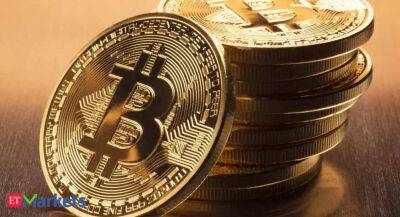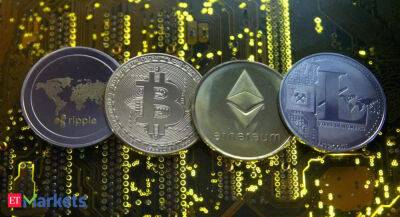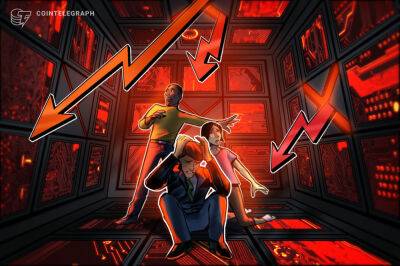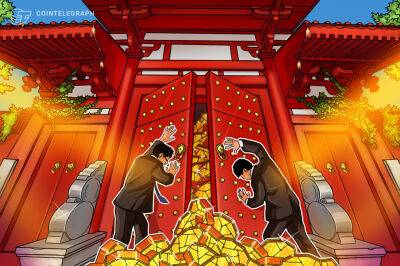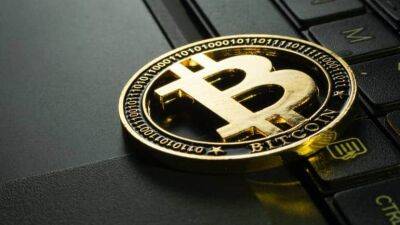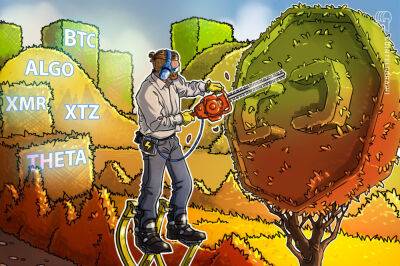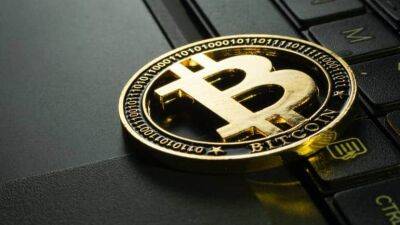Cryptocurrencies fail to fulfil any of its traditional 3 functions: Gavin Jackson
Gavin Jackson. «Their price has been extremely volatile: using them as a means of account would mean changing the price of goods and services daily according to the views of speculators. It also makes them an inadequate store of value: while their price has often rocketed upwards — helping some of the first to mine them or bet on their value to become millionaires — there is little guarantee you will be able to preserve this purchasing power for the future,» writes Jackson. The book «Money in One Lesson: How it Works and Why» was published by Pan Macmillan recently. The author says cryptos have struggled as a means of exchange, too. The algorithms make them secure but the volume of computing power needed to provide the proof of security has made small transactions prohibitively expensive, says the author.
Presented ByDid you Know?
From Pro Kabaddi League to IPL, blockchain-based applications have started making a buzz among sports enthusiasts and hardcore fans
View Details »Besides this, Jackson says the size of the potential market for transactions is limited too. «The majority of people are, for better or worse, unconcerned about their online privacy: outside of illegal drugs and sex work, there has been only limited demand for anonymous currency. For most of the public the values of the cryptocurrencies' creators — freedom, secrecy and privacy — are a much lower priority compared to the convenience and reliability of state monies.» Perhaps the most promising use case for the technology is among activists and protestors facing oppressive governments — those who risk persecution for their activity but need some way of being able to buy and sell the services they need. Activists, however, have found that cryptocurrencies
Read more on economictimes.indiatimes.com

